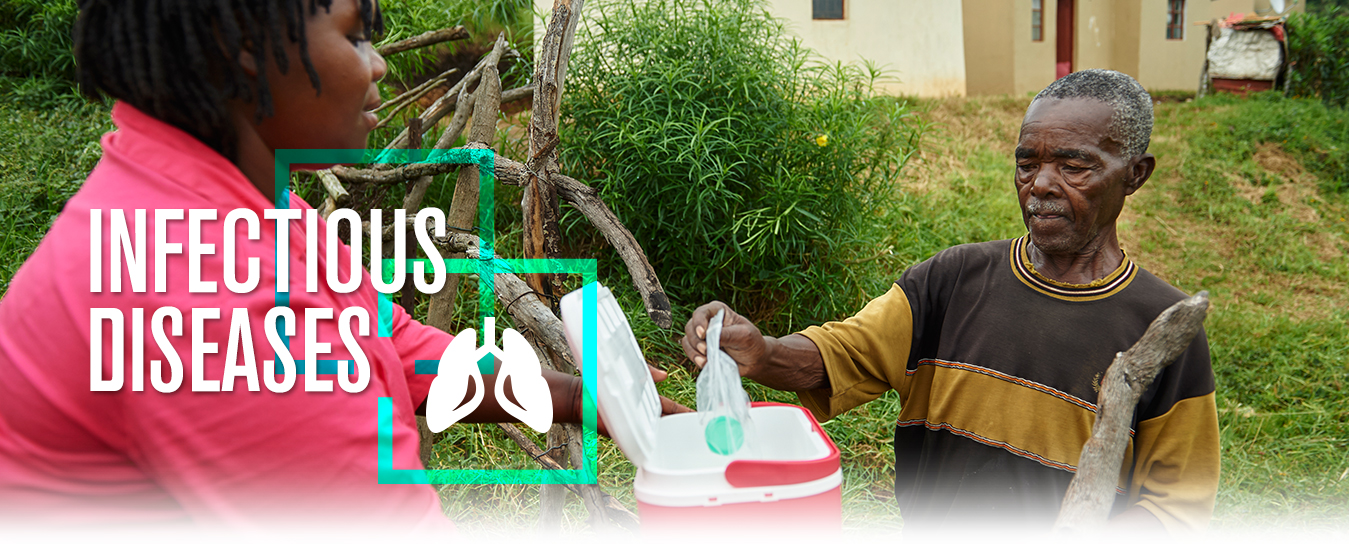
1
2
3
4
5
6
7
8
9
10
HIV is a global health concern as it continues to affect millions. Recent advances in medicine and diagnostics have enabled people living with HIV to have long healthy lives. In November 2020, WHO reported that with availability of effective treatment, rapid testing and care “HIV infection has become a manageable chronic health condition.” However, these successes are not equally enjoyed by everyone around the globe. Countries with extreme poverty and multifarious marginalizations are still notably behind in reducing the risk of new HIV infections among their vulnerable populations.
In addition to difficulty in accessing treatment and diagnostic services, stigma and discrimination associated with HIV and PLHIV (people living with HIV) continues to pose challenges for emotional and physical wellbeing of people living with HIV or at risk of being infected with HIV.
In Pakistan, over the course of years there have been several concentrated HIV outbreaks. Although in Pakistan the HIV prevalence rate among adults is less than one percent, the 2019 outbreak in Larkana District, Sindh, among children, is unique in nature and therefore requires urgent but highly contextualized solutions. Since the outbreak, over a 1000 children have been diagnosed with HIV. Families affected by this outbreak are struggling with a plethora of social problems; among them lack of access to information, discrimination, mistreatment and resulting isolation are just a few to name. There is a pressing need to map localized best practices and to introduce effective measures to curb HIV prevalence in the region.
In 2020, IRD in collaboration with Indus Hospital and Health Network introduced the project Sujaag (To – Awaken). The project is a response to the HIV outbreak in Ratodero, Larkana, Sindh, in 2019. Though the incident was largely brought about by medical malpractice, it highlighted the need for a contextualized approach inclusive of the lived experiences of people living with HIV (PLHIV), especially parents of children living with HIV (CLHIV).
A participatory formative research guided the foundations of the project, a mass communication campaign – comprising branded local transport, digital, print, and electronic media with interactive social media tools – is being deployed across Larkana District. A complementary community empowerment component, utilizing the Community Life Competency Process (CLCP) and Theatre of the Oppressed methodologies, is also being utilized to create dialogue and awareness at the grassroots level.
The implementation of the project is taking place in two phases, starting from Ratodero taluka in the first phase and then a scale up to the larger Larkana District in the second phase. A trained field team of locals from in and around Larkana District is our on-ground support to enable communities to generate supportive environments for PLHIV and their communities.
Over the course of one year, the project Sujaag aims to engage over a million people in the Larkana District. The first phase of the project engaged over 3,500 people via numerous community dialogue sessions, including 110 health awareness sessions and 37 interactive community theater plays. Through meaningful communications and community engagement practices the project aims to create sustainable support groups. In 12 UCs across Ratodero Town, 23 of these support groups are currently functioning to create supportive environments for PLHIV and to engage in advocacy to further create opportunities for PLHIV to live long and healthy lives. Sujaag’s digital channels have further reached over 240,000 people in a short span of time.
An impact evaluation survey conducted in Ratodero Town, at the end of phase one, revealed that 45.8% of the respondents were exposed to at least one feature of the program, revealing the program’s reach as quite pronounced in a short timeframe. Survey further highlighted that those exposed to the program had an aggregate score of 72%, showing moderate to high HIV knowledge and perceptions, compared to 63% amongst those not exposed. Through this project we envision development of a compassionate environment for PLHIV, free from stigma and discrimination.